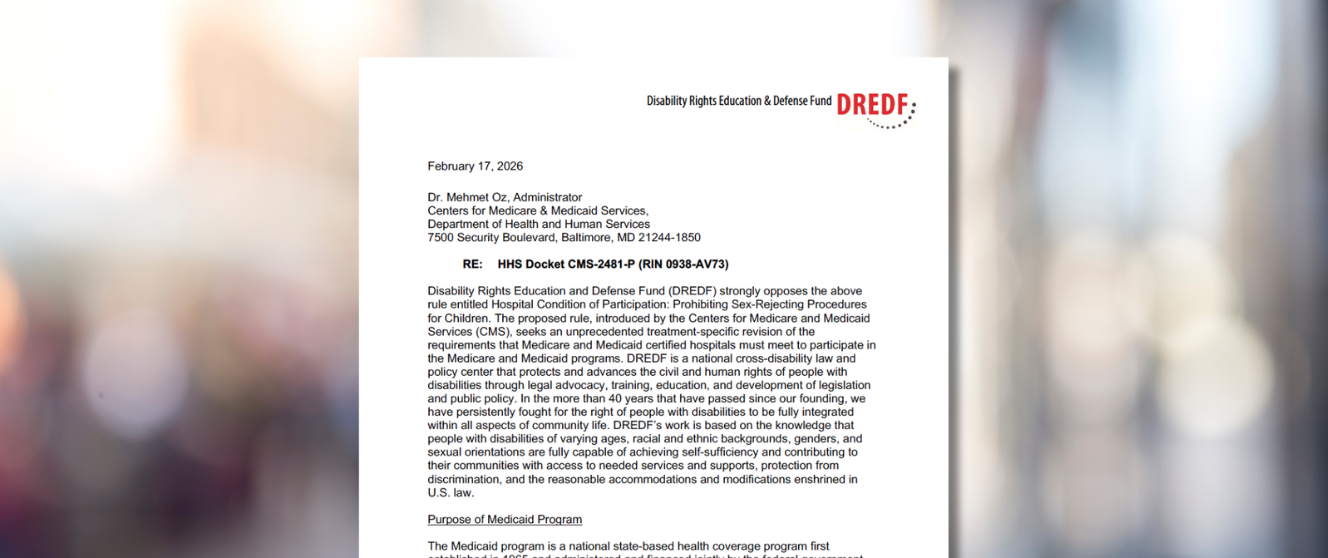
Last week, the U.S. Department of Justice (DOJ) filed a lawsuit against Uber for discriminating against passengers with disabilities, including those who use service animals and mobility devices such as stowable wheelchairs. The suit alleges Uber violated Title III of the Americans with Disabilities Act (ADA), which prohibits discrimination based on disability by private transportation companies like Uber.
This is not the first time a case has been brought against Uber for violating the ADA. In 2014, the National Federation of the Blind sued Uber, challenging discrimination experienced by riders with service animals. The class action lawsuit settled in 2016, requiring Uber to, among other things, ensure that all drivers know that disabled riders with service animals could not be denied service under the ADA, and terminate drivers for knowingly refusing service because of their service animal. In 2017, the Equal Rights Center filed a suit against Uber for failing to provide wheelchair accessible service. In 2021, now Supreme Court Justice Ketanji Brown Jackson ruled that Uber is subject to the ADA and state non-discrimination laws, firmly rejecting Uber’s attempts to evade its civil rights obligations. Also in 2021, a private arbitrator ordered Uber to pay $1.1 million to Lisa Irving, a blind rider who was repeatedly denied service from the company due to her use of a guide dog. In 2022, the DOJ announced a settlement with Uber for charging discriminatory wait fees to passengers with disabilities. Uber has had a longstanding disregard for the rights of disabled riders.
Uber, and other on-demand service companies, including companies that operate autonomous vehicles, have long touted the freedom they can provide for disabled passengers, including those who are blind and low vision. Despite such lofty claims, Uber and other rideshare companies have repeatedly failed to address access barriers and respond to the concerns of the disability community. It should not take multiple lawsuits to ensure access for all.
DREDF urges Uber and all on-demand companies to stop violating the rights of disabled passengers. DREDF commends the disabled advocates for sharing their stories on behalf of this important lawsuit to hold private transportation companies accountable. Transportation has always been and remains a disability and civil right and linchpin to living in the community.


